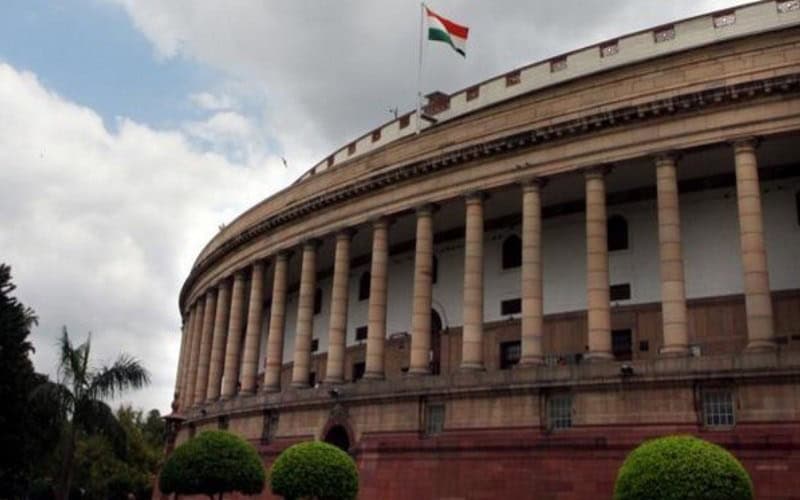New Delhi [India]: The Lok Sabha on Tuesday passed a Bill to codify provisions of four existing laws to provide legislative protection of minimum wage to the entire workforce and prohibit the employers from paying wages less than the minimum wages.
Replying to the debate on the Code on Wages, 2019, Labour and Employment Minister Santosh Kumar Gangwar said the Bill was historic and the government has cared for the interests of workers.
He said that it would benefit 50 crore people in the organised and unorganised sector.
Gangwar said that among changes made were the rationalisation of penalities and the inspection process was made more transparent.
The Minister said the floor wage will be decided in consultation with the state governments. “Our government cared for the poor and the common man,” he said.
The Bill provides that the minimum wages decided by the Central or the state governments must be higher than the floor wage.
The Code prohibits employers from paying wages less than the minimum wages to be notified by the Central or state governments.
Earlier, moving the Bill for passage in the House, Gangwar said the Bill will ensure the legal right of a minimum wage to all workers including those in unorganised sectors such as domestic workers and those working in eateries.
The Minister said the government was keen on timely payment of wages including in monthly, weekly and daily modes.
He said monthly payment should be made by the 7th of next month, weekly payment on the last day of the week and daily payment the same day.
Gangwar also said the government had held consultations with various stakeholders before bringing the Bill.
The Bill seeks to subsume relevant provisions of The Minimum Wages Act, 1948, Payment of Wages Act 1936, Payment of Bonus Act Act, 1965 and Equal Remuneration Act 1976.
It provides that the minimum wages will be revised and reviewed by the Central or state governments at an interval of not more than five years.
Factors such as skills and difficulty of work may be taken into account while fixing minimum wages.
The Bill provides that the Central or the state government may fix the number of hours that constitute a normal working day. Employees will also be entitled to overtime wage.

